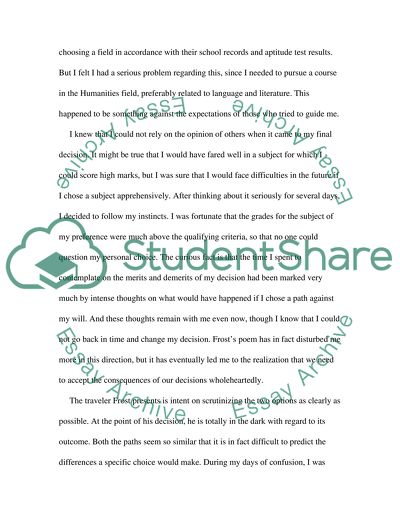Cite this document
(“The Road Not Taken by Robert Frost Book Report/Review”, n.d.)
The Road Not Taken by Robert Frost Book Report/Review. Retrieved from https://studentshare.org/literature/1543509-causeeffect-essay
The Road Not Taken by Robert Frost Book Report/Review. Retrieved from https://studentshare.org/literature/1543509-causeeffect-essay
(The Road Not Taken by Robert Frost Book Report/Review)
The Road Not Taken by Robert Frost Book Report/Review. https://studentshare.org/literature/1543509-causeeffect-essay.
The Road Not Taken by Robert Frost Book Report/Review. https://studentshare.org/literature/1543509-causeeffect-essay.
“The Road Not Taken by Robert Frost Book Report/Review”, n.d. https://studentshare.org/literature/1543509-causeeffect-essay.


